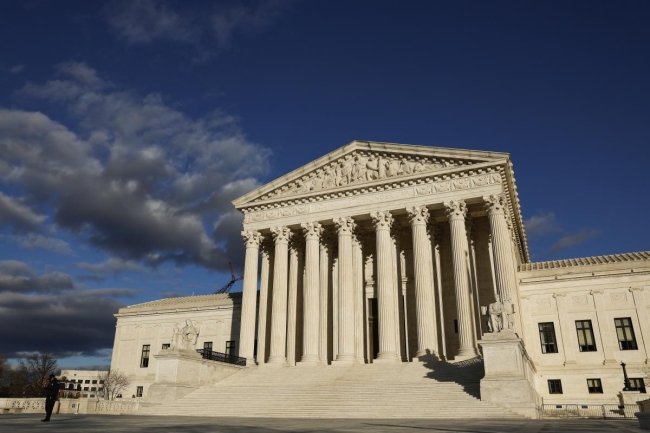On December 1, 2022, the U.S. Supreme Court docket addressed an application by the Biden Administration to vacate an injunction entered by the Eighth Circuit Courtroom of Appeals that at the moment helps prevent the administration from enacting its approach to forgive about $400 billion in federal scholar loans. Justice Kavanagh—the selected Justice for sure crisis appeals from the Eighth Circuit—referred the Administration’s application to the comprehensive Courtroom, which, on its very own initiative, transformed the application to a petition for writ of certiorari in advance of judgment and granted the petition. The Courtroom particularly directed the courtroom clerk to set up a briefing agenda that would allow argument in February 2023.
The Court’s order resolves concerns that the authorized destiny of the Biden Administration’s initiative would continue being undecided till 2024. As an alternative, it is now most likely that the Court docket, following hearing argument in February, will challenge an belief addressing the essential problem of plaintiffs’ standing—and probably the substantive concern of irrespective of whether the Biden Administration has statutory authority to move forward with bank loan forgiveness—in early July 2023. No matter whether the Biden Administration’s the latest final decision to extend the ongoing freeze on federal scholar financial loan payments affected the Court’s final decision-building is unclear.
A even more procedural query is whether the Biden Administration will look for, and no matter whether the Court will grant, a very similar software in connection with the ongoing attractiveness to the Fifth Circuit of a district court choice that stands as a individual bar to the financial loan-forgiveness plan. The Fifth Circuit lately denied the Administration’s request for a keep of the district court’s ruling, but did agree to hear the problem on an expedited foundation. Simply because that fit was introduced by various plaintiffs proclaiming standing on unique grounds, the Court might or may perhaps not have an fascination in consolidating these cases for argument and determination.






More Stories
Former Jackson County employee pleads guilty to embezzlement | Mississippi News
NYT journalists, workers on 24-hour strike for ‘better newsroom’ | Freedom of the Press News
Personal Injury Law Firms | 4 Secret Tools to Increase Productivity